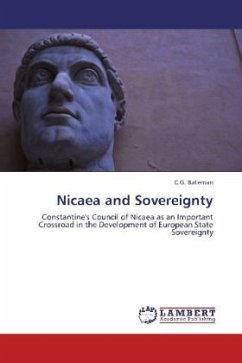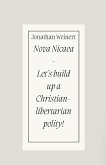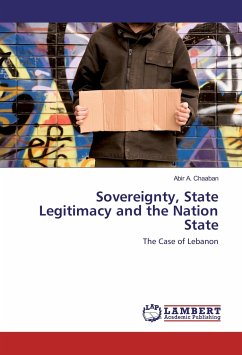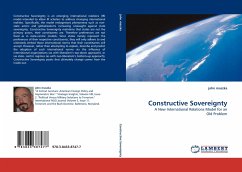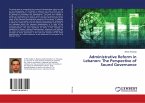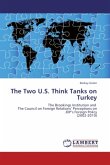In this ground breaking research, the author points to the importance of the 4th century Council of Nicaea as a catalyst for the development of sovereign powers in Europe. He also canvasses some of the historical lineage pursuant to the theoretical idea of state sovereignty and looks at its ultimate interconnectedness with the Christian religion. The key suggestion in this research is that the late antiquity transformation of the Christian church from spiritual and cultural governance to temporal imperial sovereignty in Europe suggests a trenchant indication of what Nicaea represented in terms of setting a trajectory for the church's political sovereignty, a sovereignty which ultimately begun to be wrested back from it at the Peace of Westphalia. This research suggests that the sovereignty which characterized the Late Antiquity Roman Empire under the Emperor Constantine was bequeathed to the Christian Church at Nicaea by fiat. In other words, this research is suggesting a starting point for the development of European state sovereignty at which Europe's most enduring institution of seventeen-hundred plus years was the main actor: the Catholic Church.
Bitte wählen Sie Ihr Anliegen aus.
Rechnungen
Retourenschein anfordern
Bestellstatus
Storno

